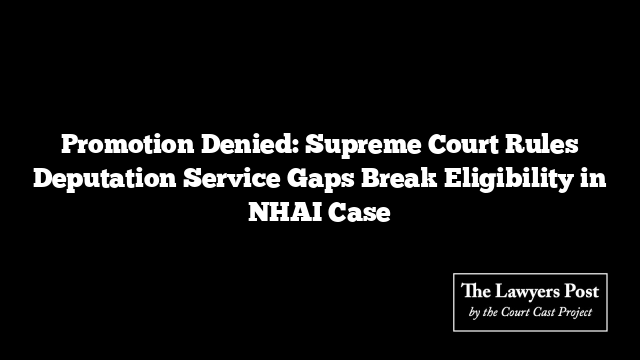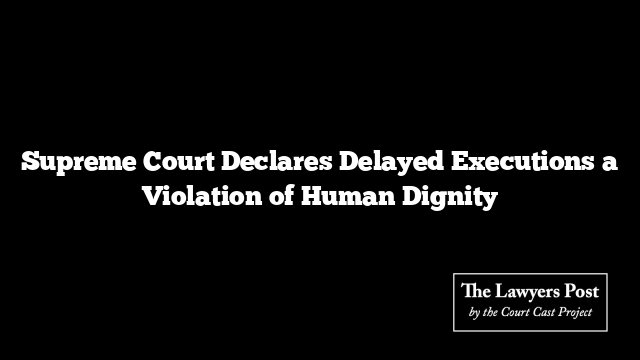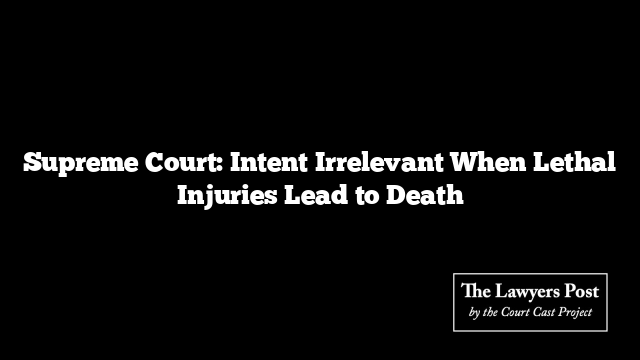The Supreme Court has ruled that gaps in deputation service disqualify employees from counting that time toward promotion eligibility. This verdict came in a case involving the National Highways Authority of India (NHAI) and an engineer disputing his promotion.
The engineer, originally employed by the Tamil Nadu government, joined NHAI on deputation as Manager (Technical) in 2008. After six years, he returned to his parent department, only to rejoin NHAI in 2015 through direct recruitment. When NHAI invited applications for Deputy General Manager (Technical) promotions in 2017, the engineer claimed his deputation tenure should be counted toward the required four years of service.
NHAI denied the claim, citing a one-year gap between his deputation and reappointment, which broke service continuity. The dispute reached the Central Administrative Tribunal (CAT) and later the High Court, both of which sided with the engineer. However, NHAI challenged the decision in the Supreme Court.
The Supreme Court overturned the earlier rulings, emphasizing that uninterrupted service is crucial under NHAI’s Recruitment Regulations. Justice Ahsanuddin Amanullah clarified that the engineer’s deputation ended definitively upon his return to his parent department, and his direct recruitment in 2015 marked a fresh start.
The Court highlighted that promotions granted to other employees were based on continuous service without gaps, a condition the engineer did not meet. It also referred to prior judgments, stating past service can only be considered for promotions if explicitly allowed by the rules or in exceptional circumstances, neither of which applied here.
While denying the promotion, the Court ordered that no recovery would be made for excess payments previously granted and directed NHAI to consider the employee for future promotions from his 2015 joining date.
The decision reinforces the principle that service continuity is a non-negotiable factor for career advancements under the prescribed regulations.





